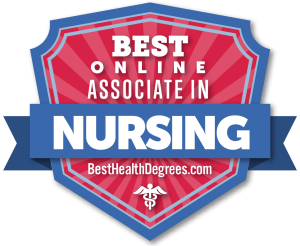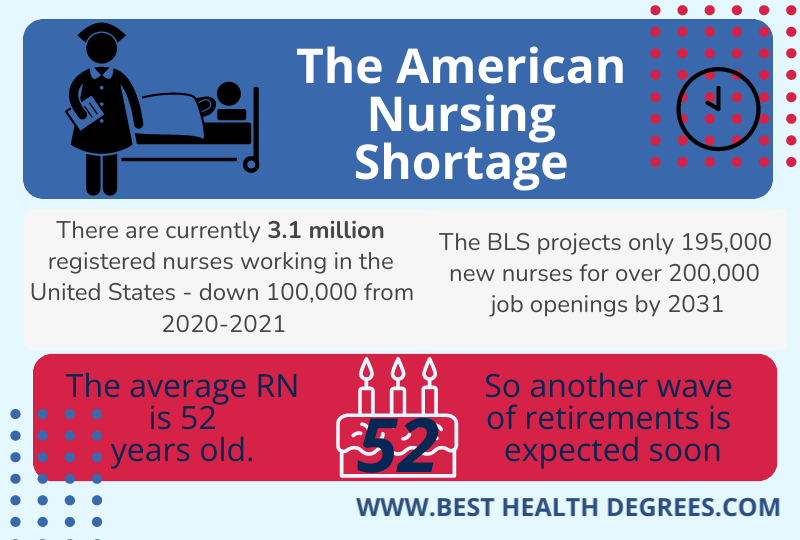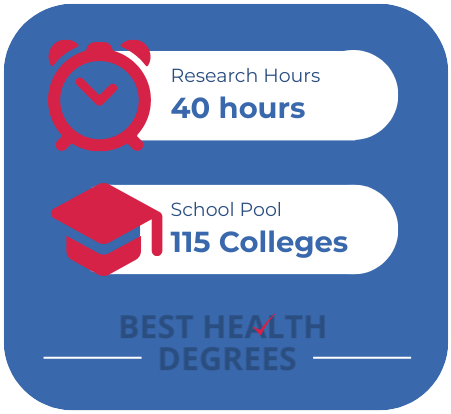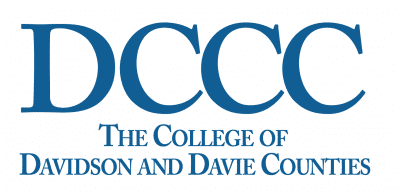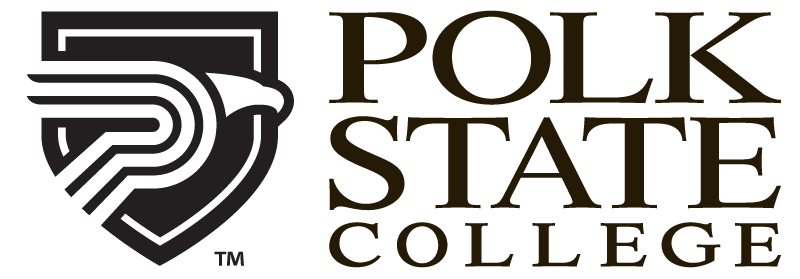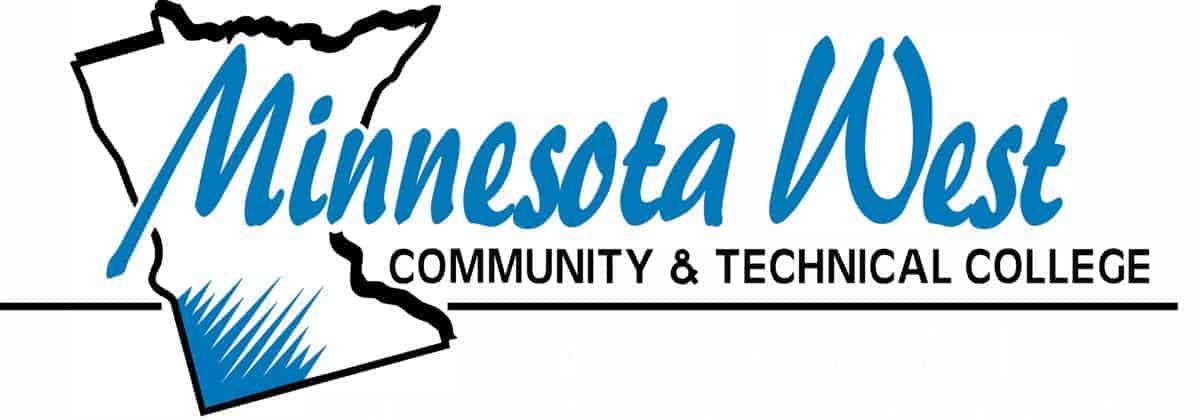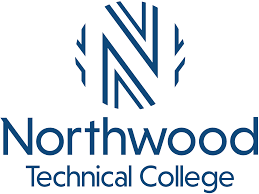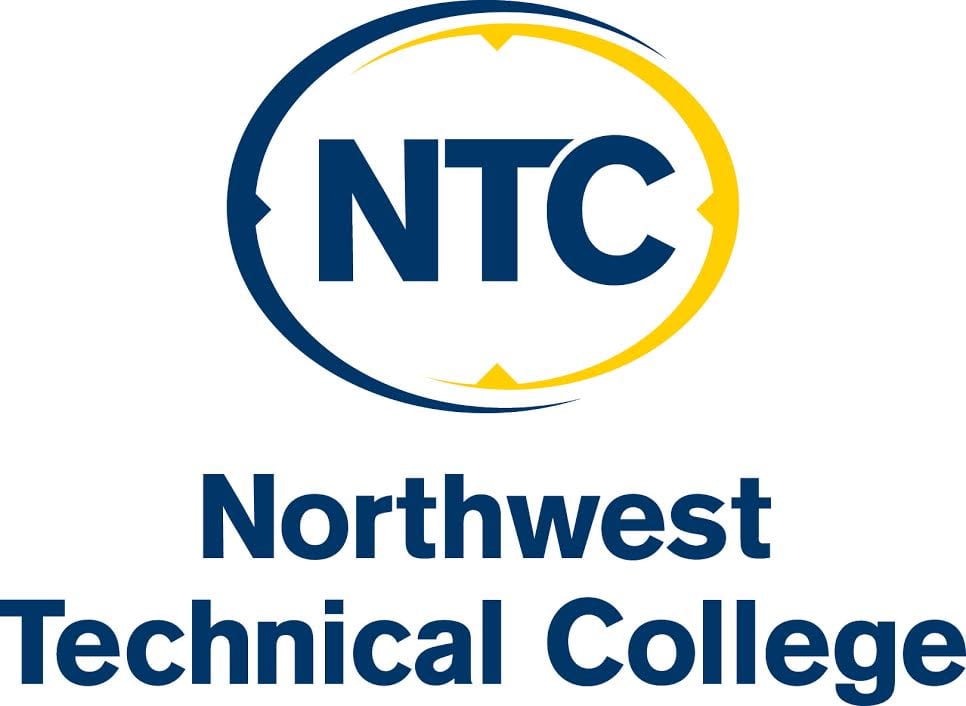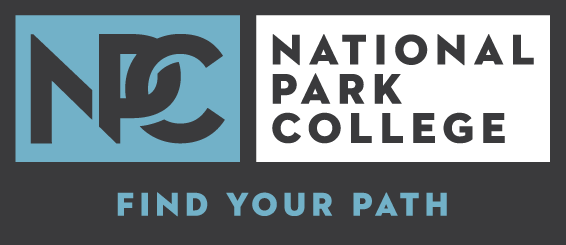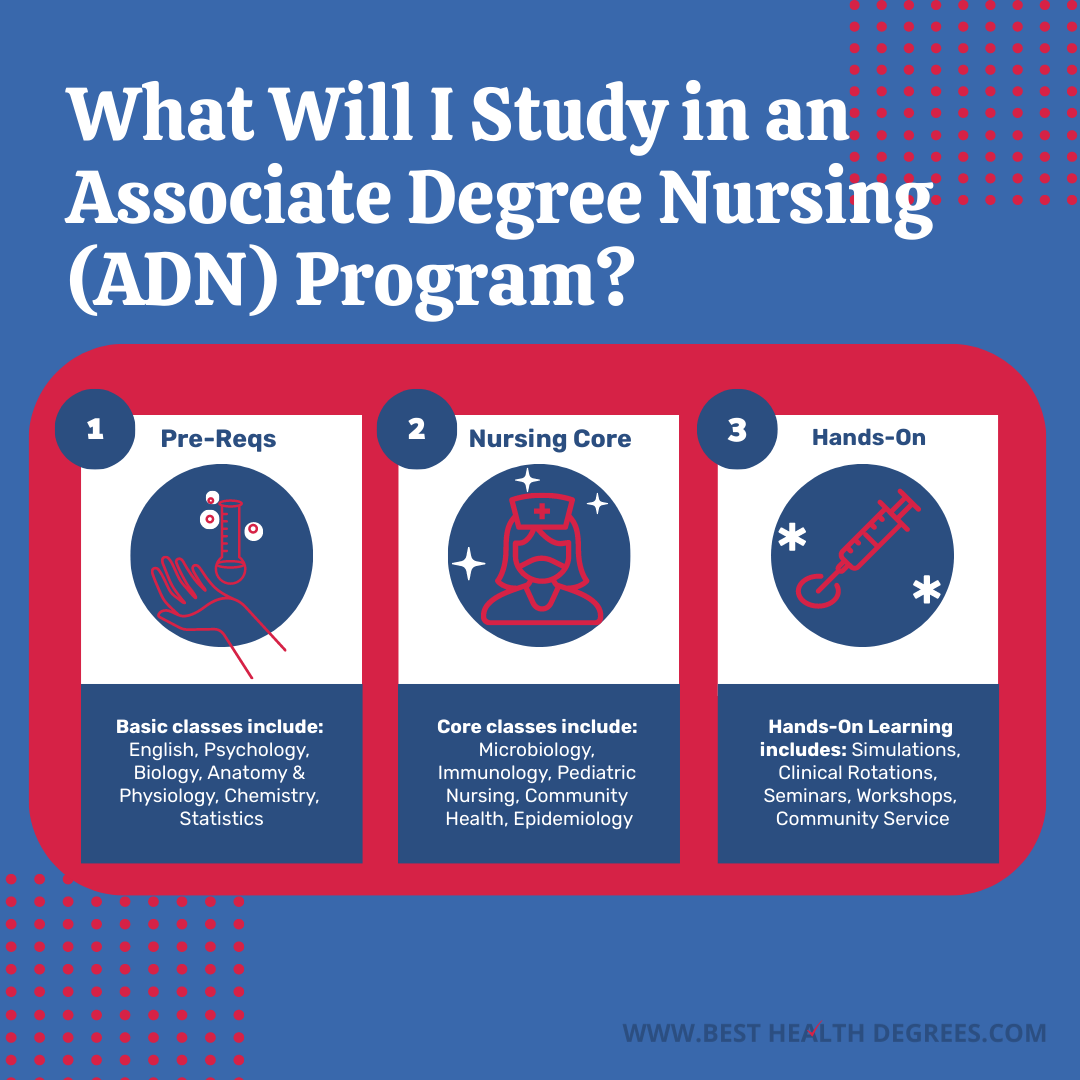Best Health Degrees has ranked the top online ADN programs (and hybrid) in the US. There’s never been a better time to get your associates degree in nursing online. The national nursing shortage continues to loom, with more than 200,000 open positions in nursing each year until at least 2031, according to the Bureau of Labor Statistics (BLS). Our ranking points you to degrees that can get you started on a rewarding career in nursing.
Our analysts ranked the top online and hybrid ADN programs for the first time in January 2024.
Methodology: How We Ranked the Best Online Associate Degree in Nursing (ADN) Programs
To rank the 15 Best ADN Degrees, BHD analysts researched accredited, trusted nursing programs. Finally, from our initial pool, we ranked programs according to our methodology (see below).
We use data from IPEDS, Niche, and U.S. News and World Report that is up-to-date and accurate as of publication.
Disclaimer: Cost/Tuition Rate is subject to change.
1. Purdue Global
Purdue Global’s Associate of Science in Nursing (ASN) equips you for the growing demand in nursing, ranked as the #5 job for expected growth. Study online, with lab and simulation experiences in Iowa or Maine. Clinicals occur at local healthcare facilities with advanced tools and simulators. Prepare for the NCLEX-RN exam and earn bachelor’s-level credits, fast-tracking your BSN.
Additionally, active paramedics or EMTs in Iowa and Maine may receive course waivers. Learn from experienced faculty nationwide, gaining clinical skills for patient care and teamwork. Utilize the Two-Step BSN Pathway, earning your ASN in under 2 years and seamlessly transitioning into the online RN-to-BSN program for career advancement.
Note: Only for students who can take clinicals in Iowa or Maine.
Learn more about Purdue Globa’s Associate of Science in Nursing!
2. Columbia College
Columbia College’s Associate in Science in Nursing program caters to aspiring registered nurses. Open to novices and LPNs, it prepares students for the challenging NCLEX-RN exam. The program covers diverse sciences, ensuring a robust foundation. Admissions require meeting specific criteria, and the curriculum is regularly reviewed to align with industry needs.
Graduates, equipped with theoretical knowledge and practical skills, are well-prepared for various nursing careers. Last of all, the program’s fast-paced growth, comprehensive coursework, and clinical experiences contribute to its high job placement rates.
Learn more about Columbia College’s Associate of Science in Nursing!
3. Weber State University
Weber State’s Practical to Registered Nursing Program facilitates LPNs’ entry into clinical practice. Applicants need prerequisites completed, ensuring a solid foundation. The program awards either an Associate of Applied Science (68 credits) or Associate of Science (86 credits) to prepare for RN roles.
Weber State’s comprehensive coursework, simulation labs, and clinical experiences equip graduates for the NCLEX-RN exam. The program’s selective admission ensures quality clinical exposure and skill development. Finally, successful completion opens avenues to diverse nursing roles, fostering growth in this dynamic field.
Learn more about Weber State’s hybrid AAS and ASN Programs!
4. Western Kentucky University
As an LPN, climb higher in your nursing career with WKU’s LPN to RN Bridge Program! This program allows LPNs to complete an ASN Program through online lectures, challenge exams, and clinical hours. LPNs receive credits for prior learning, making their journey towards an ASN degree more efficient.
After completing specific courses, LPNs can submit proof of their current LPN license to receive credit for relevant nursing courses. LPNs also have the opportunity to earn credit through departmental examinations. Join WKU’s program to customize your curriculum plan and take steps towards advancing your nursing career.
Lear more about WKU’s LPN to RN Bridge Program!
5. Excelsior University
Excelsior University’s competency-based Associate in Science in Nursing program is tailored for LPNs, LVNs, paramedics, and military personnel. It offers flexibility, allowing students to progress at their own pace through online courses. Moreover, the program’s structure ensures competence in nursing theory and practice, preparing graduates for the NCLEX-RN exam.
Excelsior’s associate degree programs offer an alternative approach to nursing education, emphasizing critical thinking and nursing judgment. As a matter of fact, graduates seamlessly transition to the BS in Nursing for Registered Nurses program, fostering continuous academic growth.
Learn more about Excelsior’s Associate in Science in Nursing!
6. Davidson-Davie Community College
Davidson-Davie Community College offers an Associate Degree Nursing program with 66 credit hours, available in-person and through a hybrid format. The program spans 2 years, starting in the fall at the Davidson Campus. Graduates gain essential knowledge and skills for nursing practice, emphasizing safety, quality care, and evidence-based practices. Successful completion makes graduates eligible for the NCLEX-RN.
Lastly, the program costs $5,016.00 for credit hours and $386.25 in student fees. For LPN to ADN students, a $325.00 proctored testing fee applies. Explore diverse career opportunities within the global healthcare system upon graduation. Apply now and inquire about program details.
Learn more about DDCC’s Associate Degree Nursing Program!
7. John A Logan College
Become a nurse at John A. Logan College! This program is for those who completed a practical nursing program. It follows Illinois rules for nursing schools, preparing you for a career in nursing. The curriculum includes theory, labs, and real-world experience in three semesters. In fact, the Practical Nursing Program offers a certificate in three semesters, designed to make you a skilled and effective health care team member.
So, get ready to provide basic nursing care in various settings. If helping people is your goal, Logan College’s program is your gateway to a fulfilling career in healthcare.
Learn more about Logan’s hybrid ADN program!
8. Allegany College of Maryland
Allegany College of Maryland offers a dynamic LPN to RN Online Program, empowering Licensed Practical Nurses (LPNs) to elevate their careers to Registered Nurses (RNs).
- Quality Education: Committed to delivering a high standard of education, aligning with SARA guidelines to ensure program excellence.
- Flexible Testing Options: Offering flexible placement testing options, including online completion of reading/writing/math portions and science placement exams.
- Comprehensive Curriculum: Covering essential pre-requisite courses, ensuring students are well-prepared for the rigorous nursing program.
Finally, ACM’s LPN to RN Online Program opens doors to new opportunities in nursing. Authorized in fourteen states, including Maryland, their program adheres to the State Authorization Reciprocity Agreement (SARA), ensuring high-quality education for students in authorized states.
Learn more about Allegany College’s LPN to RN Program!
9. Polk State College
Polk State’s Nursing Program molds students into entry-level clinical generalists, capable of diverse patient care. Graduates earn an AS in Nursing, becoming eligible for the NCLEX-RN exam. The program offers two tracks: Generic for newcomers and Transition for healthcare professionals. Further, classes may be online or face-to-face, demanding flexibility in clinical assignments.
The program emphasizes critical thinking, leadership, and ethical practice. Equally important, graduates can seamlessly transition to Polk State’s RN-to-BSN Program. Accredited by the Florida Board of Nursing and ACEN, it ensures quality education aligning with professional standards.
Learn more about Polk State’s hybrid ASN program!
10. University of Arkansas Community College Batesville
UACCB offers two LPN to RN tracks, accommodating varied preferences. The 67-credit hour Associate of Applied Science RN program combines general education and nursing credits. Graduates are eligible for the NCLEX-RN exam, paving the way for registered nursing roles.
In addition, the program’s flexibility includes on-campus and online options, catering to diverse student needs. UACCB’s nursing education ensures graduates are well-prepared members of the healthcare system, providing direct patient care with competence and professionalism.
Learn more about UACCB’s online ADN programs!
11. Minnesota West Community & Technical College
Embark on a nursing journey at Minnesota West! This Associate of Science Nursing Degree is for licensed practical nurses (LPNs) aiming to elevate their careers. The program spans two years and enables LPNs to pursue a BSN later on. The curriculum includes essential courses and clinical experiences. The step-by-step course sequence ensures students complete prerequisites before delving into nursing courses.
Successful graduates earn an AS Nursing Degree and become eligible for the NCLEX-RN examination, opening doors to diverse nursing opportunities.
The program allows articulation to BSN/BAN programs within the Minnesota State system. With a focus on prerequisites and GPA, the program aligns with professional requirements. The curriculum prepares students for diverse nursing roles, emphasizing critical decision-making and patient-centered care. After all, successful completion empowers graduates to contribute effectively to the healthcare landscape.
Learn more about Minnesota West’s ASN Program!
12. Northwood Technical College
Embark on a flexible 4-year journey to become a Registered Nurse with Northwood Tech’s Nursing Associate Degree (Part-Time Option). Offering 70 credits, the program combines online theory coursework with on-site clinicals and skills labs across Ashland, New Richmond, Rice Lake, and Superior.
Northwood Tech embraces a holistic nursing approach, gaining practical skills through real-world experiences. In addition, you can benefit from part-time learning, full-time journey, ensuring a comprehensive education. Best of all, this program opens doors to in-demand careers, with transfer opportunities to baccalaureate nursing programs.
Explore financial assistance through the West Cap Nursing Skills Program.
Learn more about Northwood Tech’s hybrid Nursing Associate Degree!
13. Northwest Technical College
Advance your nursing career at Northwest Technical College with two distinct tracks:
RN Program Track (AS): A comprehensive two-year, 64-credit program tailored for nursing assistants aspiring to achieve Registered Nurse (RN) licensure.
LPN Step-In Track (AS): Accelerate your journey with a three-semester, 64-credit track designed for Licensed Practical Nurses (LPN) aiming for RN licensure.
Both programs, delivered in a hybrid format, blend online learning with essential on-site components. Elevate your nursing skills and open doors to diverse career opportunities. Further explore the RN and LPN Step-In Tracks at Northwest Technical College.
Learn more about Northwest Tech’s online ADN Programs!
14. Panola College
Elevate your nursing career with Panola College’s Online & Hybrid Associate Degree in Nursing (ADN). Licensed Vocational Nurses (LVN) can seamlessly transition through the LVN-RN Hybrid Program or the Traditional face-to-face program.
Enjoy the flexibility of online coursework, supplemented by on-campus labs and simulations. Complete the program in three semesters, balancing online learning with valuable hands-on experience. Keep in mind that this is a “closed” program, so even if you get accepted into Panola College, you have to also get accepted separately into the LVN-RN program.
Panola College’s proven track record and supportive environment ensure you’re well-prepared for success in the dynamic field of nursing.
Learn more about Panola’s hybrid ADN program!
15. National Park College
National Park College’s Associate of Science in Nursing (ASN) program is designed to prepare students for licensure and the NCLEX-RN exam. Accredited by ACEN and approved by the Arkansas State Board of Nursing, this 66-credit hour program encompasses arts, social sciences, biological sciences, humanities, and nursing coursework. Finally, this web-enhanced, full-time program spans two years, with flexible completion options.
Graduates are eligible to take the NCLEX-RN, opening doors to diverse job opportunities in hospitals, schools, clinics, surgery centers, home health, hospice, and more. Moreover, the program follows a sequential course structure, and admission is selective, considering factors like ATI TEAS scores, GPA, and nursing curriculum hours. Successful candidates proceed pending a clear background check and drug screening.
Learn more about National Park College’s ASN program!
ADN vs BSN Salary
| RN with ADN | RN with BSN |
|---|---|
| $80,000 | $90,000 |
| $39 hour | $43 hour |
FAQs
Certainly! Opting for an associates degree in nursing (ADN) is a great choice. If you’re keen on quickly entering the nursing field, ADN provides a swift route to becoming a Registered Nurse (RN). It’s especially beneficial for those with busy schedules, as many nursing schools offer ADN programs online, allowing flexibility for working professionals, parents, or anyone who prefers online learning.
This option is worth considering for individuals with a clear goal of securing an RN position promptly. ADN not only equips you with essential nursing skills but also offers a faster entry into the workforce compared to longer academic paths.
Moreover, the flexibility extends beyond just learning – with online ADN to BSN programs, you have the opportunity to advance your education and career while managing your commitments. So, if you’re looking for a practical and efficient route into nursing, the ADN might be the perfect fit for your aspirations.
An associates degree in nursing goes by two names – ADN (Associate Degree in Nursing) or ASN (Associate of Science in Nursing). Both terms are used interchangeably and refer to the same type of nursing program, emphasizing the fundamental education required to become a registered nurse.
When comparing ASN and ADN, it’s essential to understand that they essentially refer to the same thing – an associate’s degree in nursing. The choice between the terms often depends on regional or institutional preferences. What matters most is selecting a program accredited by nursing bodies, ensuring that the curriculum meets the necessary standards for nursing education.
An ADN and RN are not the same thing. However, an ADN (Associates Degree in Nursing) and RN (Registered Nurse) are connected in the journey to becoming a nurse. Your ADN is the educational milestone – it’s the degree you earn after completing a program that covers essential nursing knowledge and skills. But having an ADN doesn’t automatically make you an RN.
To officially become an RN, you need to take the NCLEX-RN exam after completing your ADN program. Significantly, this exam is the gateway, ensuring you’ve absorbed the necessary information and can apply it effectively in real-world scenarios. Once you ace the NCLEX-RN, you earn the coveted title of Registered Nurse.
So, in essence, your ADN is the educational pathway, and RN is the professional title you attain after successfully navigating that educational journey and passing the licensing exam. It’s like earning your stripes in the world of nursing.
No, ASN and LPN are distinct roles in the nursing field. An ASN (Associate of Science in Nursing) is a degree that qualifies you to become a registered nurse (RN), while LPN (Licensed Practical Nurse) is a role with a different educational path, often involving a diploma or certificate. RNs, including those with an ASN, typically have a broader scope of practice and more responsibilities.
ASN (Associate of Science in Nursing):
• Educational Level: Associate’s degree in nursing.
• Role: Qualifies graduates to become registered nurses (RNs).
• Licensing: Requires passing the NCLEX-RN exam for RN licensure.
• Scope of Practice: Involves a broader scope of nursing duties compared to LPNs.
• Responsibilities: Can perform assessments, administer medications, and provide direct patient care.
• Opportunities: Opens doors to various healthcare settings, including hospitals, clinics, and community health.
LPN (Licensed Practical Nurse):
• Educational Level: Typically a diploma or certificate program.
• Role: Licensed Practical Nurse (LPN).
• Licensing: Requires passing the NCLEX-PN exam for LPN licensure.
• Scope of Practice: Involves a more focused scope of nursing duties compared to RNs.
• Responsibilities: Provides basic nursing care, administers medications, and assists with patient comfort.
• Opportunities: Commonly found in long-term care facilities, nursing homes, and clinics.
While both ASN and LPN roles contribute to patient care, the key difference lies in their educational preparation, licensure, and the scope of nursing responsibilities. The ASN leads to RN licensure, offering a broader range of opportunities, while LPNs provide essential care with a more focused scope.
No, the NCLEX typically requires completion of nursing school. This rule is essential to uphold standards set by nursing regulatory bodies. Nursing schools follow strict criteria for accreditation, ensuring students acquire fundamental knowledge and skills for safe and effective nursing. The rule assures that those entering the nursing field are equipped with the necessary education and training.
Attending nursing school is crucial because it provides a structured curriculum covering medical theories, ethical considerations, and hands-on clinical training. These components are vital for developing well-rounded nurses capable of handling diverse healthcare scenarios. The regulatory requirement of nursing school attendance aligns with the commitment to producing competent professionals ready to deliver quality patient care.
Yes, you can take the NCLEX with an associate’s degree in nursing (ADN). The NCLEX-RN exam, tailored for ADN and BSN graduates, assesses readiness for entry-level nursing roles. Recognizing the validity of an ADN, the exam evaluates candidates on their grasp of theoretical knowledge and practical skills. In short, this inclusivity ensures that individuals with diverse educational paths can contribute effectively to the nursing profession.
Having an ADN is considered a legitimate qualification for the NCLEX, acknowledging the comprehensive nature of ADN education. The curriculum covers essential nursing principles, ethical considerations, and clinical experience. Additionally, this recognition allows individuals with ADN degrees to pursue a career as a registered nurse, meeting the demand for skilled healthcare professionals.
In essence, the acceptance of an associate’s degree for the NCLEX underscores the flexibility in educational pathways, accommodating individuals who choose ADN programs as a valid route to becoming a registered nurse.
Better depends on what you want to do. If you want to get into nursing quickly, get the ASN. But if you want more skills and higher pay, you can continue to the BSN.
Think about your specific career aspirations. A BSN stands out for its comprehensive curriculum, delving beyond clinical skills to encompass leadership, research, and critical thinking. In fact, this well-rounded education equips BSN-prepared nurses with a broader knowledge base, positioning them for various roles, including management and specialized fields within nursing.
If your goal is long-term career growth and a more extensive scope of practice, opting for a BSN might be the preferred choice. The additional emphasis on leadership and research in BSN programs not only prepares nurses for advanced clinical roles. In addition, it opens doors to opportunities in healthcare administration, education, and specialized nursing areas. This expanded skill set enhances your versatility in the dynamic landscape of modern healthcare.
On the other hand, if you prioritize a quicker entry into the workforce and gaining hands-on clinical experience sooner, an ASN provides a direct pathway to becoming a registered nurse. The decision between BSN and ASN ultimately hinges on your career timeline, aspirations, and the specific demands of the nursing roles you envision.
Today, many hospitals prefer hiring nurses with a BSN. This is because a BSN provides a more in-depth understanding of healthcare systems, community health, and evidence-based practices.
However, hospitals still highly value ADN-prepared nurses, especially for their essential role in bedside care. Some hospitals even offer support, like tuition assistance, to encourage ADN nurses to pursue a BSN if they choose.
The primary difference in duties between ADN (Associate Degree in Nursing) and BSN (Bachelor of Science in Nursing) nurses lies in the scope of their responsibilities. While both ADN and BSN nurses share core clinical duties, BSN nurses often take on additional roles that involve critical thinking, leadership, and a broader understanding of healthcare systems.
ADN Nurse:
• Core clinical responsibilities in patient care.
• Focus on hands-on nursing skills.
• Integral role in bedside care and immediate patient needs.
BSN Nurse:
• Clinical duties similar to ADN, but with additional responsibilities.
• Involvement in critical thinking and decision-making processes.
• Leadership roles in healthcare initiatives.
• Creation and implementation of nursing care plans.
• Better equipped for management, education, and specialized nursing positions.
Both ADN and BSN nurses contribute significantly to patient care, but BSN nurses often take on additional roles that require a broader understanding of healthcare systems and leadership capabilities.
It’s important to know that hospitals appreciate both BSN and ADN-prepared nurses. They recognize the practical skills of ADN nurses and the comprehensive education of BSN nurses, aiming for a balanced nursing team that can meet various patient care needs.
Deciding whether to begin your nursing journey with an ASN or opt for a BSN right away hinges on your priorities and career timeline. Choosing an ASN provides a faster track to entering the workforce as a registered nurse (RN). This can be a practical choice if you’re eager to kickstart your nursing career promptly and gain hands-on clinical experience sooner.
The advantage of starting with an ASN is that you can become an RN sooner, allowing you to contribute to patient care and start building your professional foundation. In essence, the flexibility of an ASN program accommodates those who prioritize a more direct and expedited route into nursing practice.
Furthermore, opting for an ASN doesn’t limit your educational path. If your long-term goal involves pursuing a Bachelor of Science in Nursing (BSN), you can later enroll in RN-to-BSN programs. These programs are designed to offer flexibility, allowing working nurses to continue their education while gaining valuable real-world experience. This pathway ensures continued professional development, giving you the opportunity to enhance your skills and open doors to advanced nursing roles.
Altogether, starting with an ASN can be a practical and efficient choice for those eager to become RNs quickly, with the added benefit of flexibility for future educational pursuits through RN-to-BSN programs.
Methodology Sources:
Our rankings are based on:
- Price – IPEDS
- Reputation – Niche, U.S. News and World Report
- Salary Potential – College Scorecard
Related:
10 Most Affordable/Cheap RN to BSN Programs
10 Shortest Online RN to BSN Program
